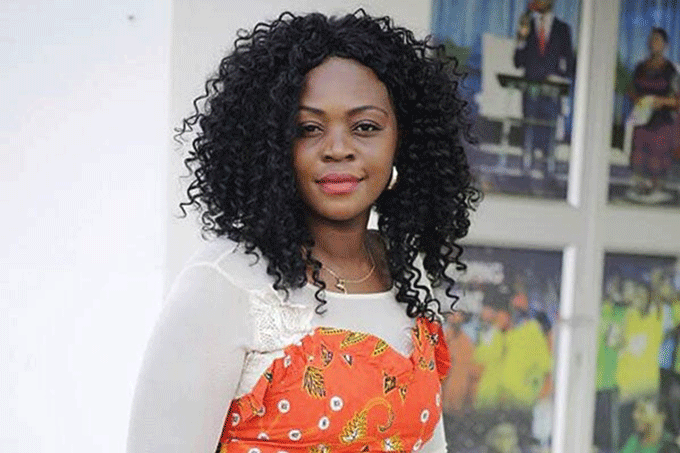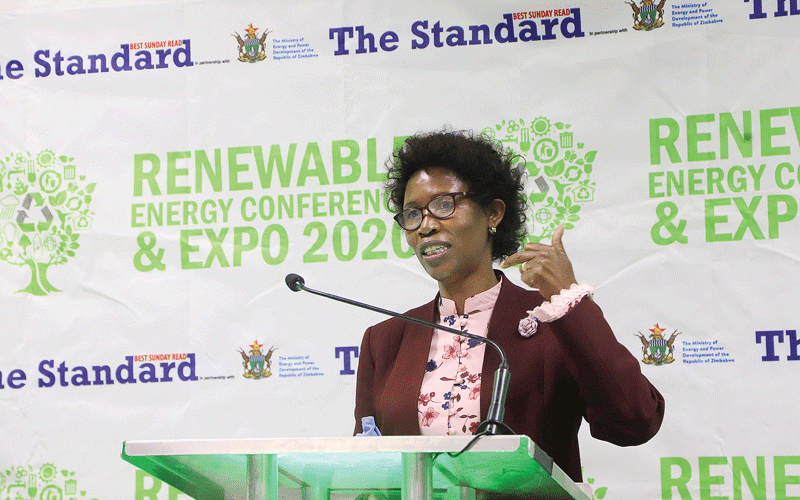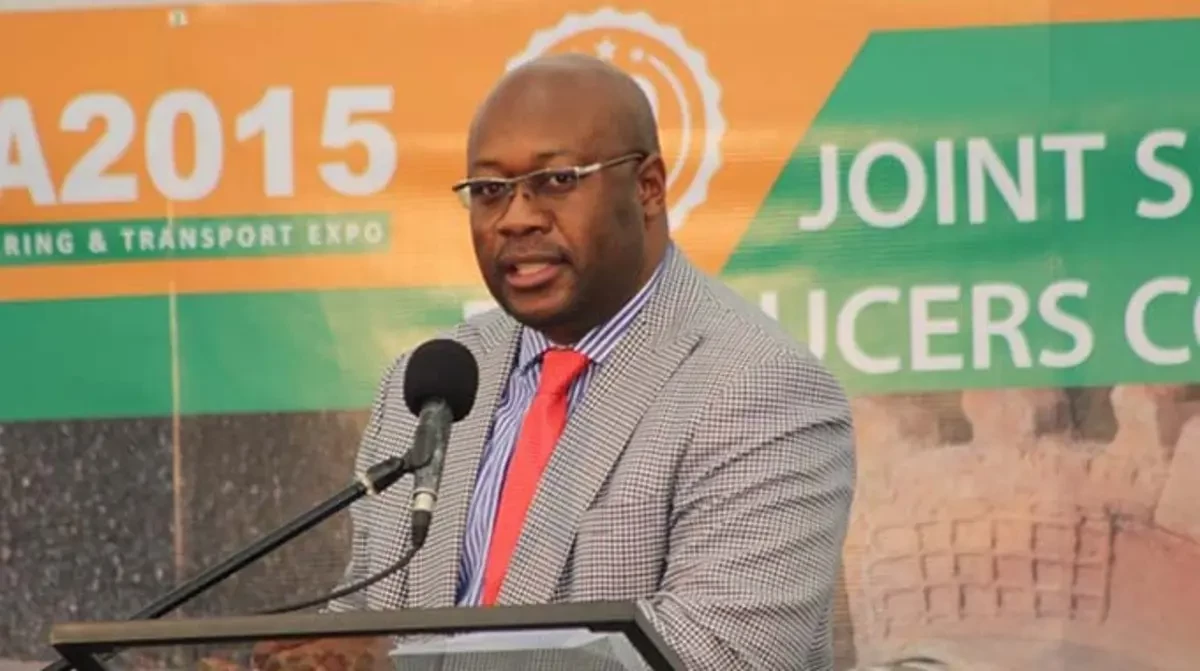
By Vanessa Gonye
THE country is preparing to hold by-elections on March 26, and the list of candidates shows that there are fewer female candidates than males. Women are said to face several hurdles such as lack of finances to support their electoral campaigns and violence. NewsDay reporter Vanessa Gonye (ND) speaks to Assistant Speaker of the National Assembly and Seke-Chikomba proportional representation MP Tatenda Mavetera (Zanu PF) (TM) about women representation in politics.
ND: Election season is upon us; what in your view needs to be done to encourage women’s participation in elections?
TM: Women need to support each other. We need to have case studies of women who have done well especially in politics. It’s not a matter of women just not seeing and believing that this can happen.
Women that have already established themselves in politics need to encourage others to also participate in politics. We do not need to start fighting each other as women.
We also need to demystify the myths that politics is dirty, and, therefore, is bad for women. I also feel that there is a need for a budget to capacitate women to enter politics.
Women have been very much out of politics because they don’t have the resources to support their campaigns.
We need more publicity, more awareness, and training, and we also need more encouragement coming from existing politicians.
- Chamisa under fire over US$120K donation
- Mavhunga puts DeMbare into Chibuku quarterfinals
- Pension funds bet on Cabora Bassa oilfields
- Councils defy govt fire tender directive
Keep Reading
ND: What is the main stumbling block to women taking up political responsibility?
TM: The main stumbling block for women in politics is that women don’t support each other. There is this pull-her-down syndrome. However, the main problem is that women suffer resource constraints.
Women also struggle between the issue of taking care of their families and balancing this with political participation.
ND: How do women want to be supported to have a solid political standing?
TM: Support comes in a lot of ways, we need support that has to come from all angles; but right now we are not being given support from the political parties.
There is no political will from political parties to have provisions in their regulations to give women space to participate in politics.
The environment is not even, and women often compete with men that have resources.
Political parties must put in place provisions to ensure that their party lists are gender inclusive.
If the major political parties speak with one voice, the Zimbabwe Electoral Commission (Zec) can be forced to ensure that party lists are gender inclusive. We know there is the issue of electoral reforms which has been spoken about. If ever there is any chance of that happening, then one of the reforms that is needed is that Zec must have gender inclusive policies.
ND: As a woman legislator, what challenges have you faced during your term?
TM: As a woman legislator, the challenges I have faced were men not giving me space, men not accepting that they can be led by a young person who is also a woman.
You get these negative comments from men; this is quite disheartening at times. You know when women are given an opportunity; they do it better and exceptionally well. I think this is one thing I was experiencing but I managed to prove to men that we can do it as women.
The second issue that I think has been a challenge is that I am a proportional representation MP and if your term ends, it would be difficult for you to compete to become a constituency MP in that particular place.
I have learnt that politics is full of propaganda and criticism. All you need to do is to put blinkers on your eyes, you put ear buds in your ears and you continue facing and putting your eyes on the ball; show visibility so that the people that voted for your will see that they are being represented.
ND: There are reports of sexual abuse of women parliamentarians. Is it true and have you experienced it?
TM: Indeed there are a lot of reports of sexual abuse of women parliamentarians and women politicians. I haven’t experienced it.
When I got into politics, I got in as a married person and that also made them shy away from me. My husband is also a politician. If you stay focused you won’t be deterred by any other issue that comes your way.
ND: Women are generally viewed as of lesser intellect, how are women parliamentarians being treated during your term?
TM: They think that we are of a lesser intellect, but I think women only need exposure. There are some women who are of a higher intellect but because they don’t have exposure they may not be able to speak much.
I have spoken a lot of times concerning women and youth issues. I even established a youth caucus that had not been there since 1980.
For me, I feel that during my term this was one of the greatest achievements I managed to make and I’m happy that at least there is something I would have to say this is what we have managed to do as Parliament.
ND: Given the chance, will you contest for a National Assembly seat in the 2023 elections?
TM: Of course, God willing I will be able to contest and get a second term. The terrain is not a very easy one but you have to be resolute and continue being focused.
Recently in our party, we had provincial elections where I was contesting against 14 men. I beat the men during the election. So, it’s not about being a man, it’s about the women also challenging the men.
ND: What are the odds for aspiring young women politicians?
TM: I think young women politicians need to invest in themselves so that they become competent. They need to be able to stand firm, and be able to show that as women they are able to represent themselves well and should not be victims of political abuse.
We should resist abuse by men. Some men want to take advantage of women in politics by sleeping with them.
Women in politics must protect their dignity. If they do not do so, it will compromise their standing as women. I want to tell young women politicians that if they think they are going to find love in politics, then they must continue dreaming.
Let’s just stand and be firm and invest in our capabilities, and in our intellectual capacities. Let us learn from our elders, especially our mothers.
ND: Can you say the fight for women empowerment is being won on the political front?
TM: I think we are winning the fight for women empowerment especially being empowered in the political field.
I am happy and let me hasten to say the President (Emmerson Mnangagwa has been clear about making sure that at local authorities we have a 30% quota for women.
I think this is women empowerment at its best. I think Mnangagwa has been a listening President, especially pertaining to the plight of women at local government level. That was a great thing to do — we are happy.
ND: What change would you wish to ensure happens on the political front for women?
TM: We need women not to let men take advantage of them. I also want women to improve their intellectual capacity and also have more exposure. Our greatest challenge are the men that want to dominate the political field.
As women, let us not pull each other down. Let us support each other and we will do well. We need more capacity and more training coming to women so that at least they understand and get more exposure.
- Follow Vanessa on Twitter @vanessa_gonye










